Our Therapy Approaches
Psychotherapy
Psychotherapy helps you to heal a wide range of presenting issues, be that disorder, trauma or distress. The role of a Psychotherapist is to provide a professional, compassionate and tailored approach, helping you to achieve significant, helpful and sustainable changes in thought, feelings, attitudes, behaviours, relationships and self awareness.
Cognitive Behaviour Therapy (CBT)
CBT is an effective treatment approach for a range of mental and emotional health issues, including anxiety and depression. CBT aims to help you identify and challenge unhelpful thoughts and learn practical self-help strategies. These strategies are designed to bring about immediate positive changes in your quality of life.
CBT is good for anyone who needs support to challenge unhelpful thoughts that are preventing them from reaching their goals or living the life they want to live.
CBT aims to show you how your thinking affects your mood. It teaches you to think in a more positive way about yourself and your life. It is based on the understanding that negative thinking is a habit that, like any other habit, can be broken.
Acceptance and Commitment Therapy (ACT)
Acceptance and Commitment Therapy is a form of counselling and a branch of clinical behaviour analysis. It is an evidence-based psychological intervention. It uses acceptance and mindfulness strategies mixed in different ways with commitment and behaviour-change strategies to increase psychological flexibility.
The therapy is less concerned with eliminating unwanted thoughts, emotions and sensations (often seen as the symptoms of psychiatric disorder) and more concerned with cultivating psychological flexibility: the ability to change behaviour depending on how useful to the client’s life this behaviour is understood to be in the longer term.
Emotion Focused Therapy (EFT)
EFT is a therapeutic approach based on the premise that emotions are key to our identity. According to EFT, emotions are also a guide to individual choice and decision making. Using this proactive therapy approach, emotions can be regulated for positive and lasting change.
Resource Therapy
Resource Therapy is a psychotherapy based on the understanding that the personality is composed of parts or states. Resource Therapy is a trauma-informed, strengths-based Parts Therapy which enables clients to engage their best Resource States for resolution. Resource Therapy targets your life issues directly. All you need to bring into the Resource Therapy room is a willingness and desire to change what you want in your life.
Counselling
Counselling offers you the opportunity to express your feelings and explore issues you would like to clarify. It provides you with more choices or different ways of addressing your issues.
It’s good for people who like the space and time to verbalise their thoughts and feelings, to think out loud and be actively listened to.
Eye Movement Desensitization and Reprocessing (EMDR)
EMDR is a form of psychotherapy that helps people heal from trauma or other distressing life experiences. EMDR has been extensively researched and has demonstrated effectiveness for trauma.
EMDR does not require talking in detail about the distressing issue or homework between sessions. Rather than focusing on changing the emotions, thoughts, or behaviours resulting from the distressing issue, EMDR allows the brain to resume its natural healing process. It is designed to resolve unprocessed traumatic memories in the brain.
EMDR may be used within a standard talking therapy, as an adjunctive therapy with a separate therapist, or as a treatment all by itself.
There are 8 phases to EMDR therapy and a typical EMDR therapy session lasts from 60-90 minutes.
Mindfulness Based Stress Reduction (MBSR)
MBSR is a meditation therapy that brings focuses your awareness on the present moment. Originally, MBSR was created to help people with chronic illnesses learn how to relate to pain differently, and subsequently decrease their stress and suffering. It has since been adapted for people who deal with stress of any kind—be it anxiety, relationship struggles or emotional pain.
Hypnotherapy
Hypnotherapy is a form of psychotherapy in which the subconscious mind is accessed and reprogrammed to solve problems such as coping with stress and breaking bad habits. It combines cognitive therapeutic counselling techniques with subconscious healing techniques. When the client is under hypnosis, their mind and body is put into a heightened state of learning which makes them more susceptible to suggestions for self-improvement or behaviour modification. The goal of hypnotherapy is to harmonise the subconscious and conscious minds to give the person a greater control over their emotions and behaviour.
It’s one of the few ways to get your subconscious mind back on board with what you want to do. As you use it to reprogram your subconscious, it becomes a powerful tool to help you break free from the past.



